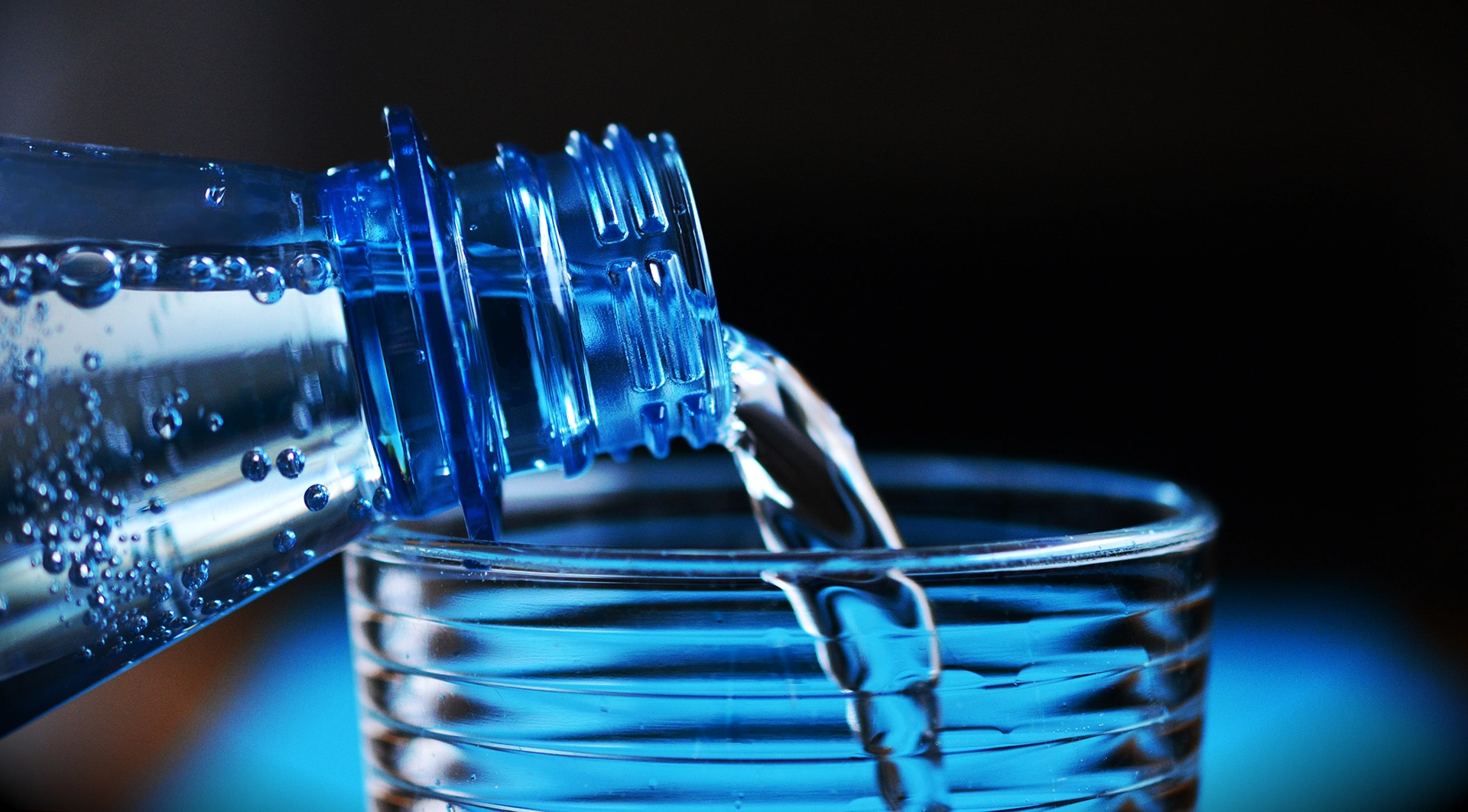Water Alone Is Not Enough For Hydration

PREMIUM CONTENT for MEMBERS ONLY
By Fiona Riddle
“Water on its own is actually missing an important ingredient.”
We all know that staying hydrated is important for our health, as every cell in our body relies on water to function. There is a common misconception, however, that plain water alone is sufficient for hydration and that merely drinking a gallon of water a day is beneficial for health. Water on its own is actually missing an important ingredient: minerals. Minerals are essential for ensuring that the water we consume actually hydrates our bodies.
“Our bodies are composed of roughly 60% water.”
Our bodies are composed of roughly 60% water, which performs numerous functions, such as regulating temperature, transporting nutrients, and removing waste products. Without proper hydration, these processes can be inhibited, which leads to a range of issues like fatigue, brain fog and headaches, and eventually to severe dehydration.
When we drink water, it replenishes the fluids lost through our daily activities such as sweating, but we are not only losing water when we sweat. Plus, the water we consume doesn’t directly enter our cells. Instead, it relies on minerals, commonly known as electrolytes, to facilitate this process.
“Electrolytes, such as sodium, potassium, magnesium, and calcium, are essential for proper hydration.”
Electrolytes, such as sodium, potassium, magnesium, and calcium, are essential for proper hydration. These minerals play a crucial role in maintaining the balance of fluids both inside and outside of our cells as well as many other important functions for whole-body health.
Sodium, for example, regulates blood pressure and the amount of water that enters or exits cells. Potassium controls the balance of fluids in your body’s cells and tissues. Magnesium is involved in hundreds of reactions in the body, including energy production and muscle function. Magnesium deficiencies are often noticeable from muscle weakness and muscle spasms.
“…it is important that the proper balance [of minerals] is also maintained.”
Aside from simply having adequate levels of minerals, it is important that the proper balance is also maintained. Supplementing with magnesium alone, for example, can impact the levels of other minerals in the body leading to downstream side effects.
Consequently, merely drinking plain water without replenishing these minerals can dilute their concentration in the body, leading to a condition known as hyponatremia in which sodium levels are dramatically low. If you have an at-home water filter, it is possible that many of the minerals are removed during filtration, especially if using reverse osmosis. In this instance, water should be re-mineralized with either sea salt or trace mineral drops.
“Look for electrolyte drinks and mixes that are free of added sugars and artificial [additives].”
Many people turn to sports drinks to stay hydrated since these beverages typically contain electrolytes. However, they often contain added sugars and artificial ingredients, which can be detrimental to your health in other ways. Look for electrolyte drinks and mixes that are free of added sugars and artificial sweeteners, colors or preservatives. There are also many store-bought water options that are labeled as “mineral water”.
“…incorporating mineral-rich foods into your diet can be beneficial.”
Additionally, incorporating mineral-rich foods into your diet, such as leafy greens, fresh fruit, nuts, seeds, and dairy products can be beneficial. Adding high quality sea salt or Himalayan salt to home cooked meals is another simple way to add more minerals to your diet. One important thing to note is that these salts may not contain iodine, which is critical for your body to make thyroid hormones. If you are not getting enough iodine in your diet, it may be worth using salt that has iodine added to it.
It is also worth noting that stress can deplete micronutrients including minerals. Consequently, prioritizing mineral intake during times of chronic stress is important for mitigating negative consequences of mineral deficiencies such as the potential for developing hyponatremia.
“…it is not just about how much water you drink, but about the quality of hydration.”
While water is undoubtedly necessary for our health, the importance of minerals, specifically electrolytes, should not be downplayed. Without the right balance of these minerals, we risk dehydration and other health complications and, therefore, it is not just about how much water you drink, but about the quality of hydration.

Fiona Riddle is a Certified Health Coach with a degree in Psychology from UCLA. She is passionate about a holistic approach to health when working with her private coaching clients. She is an avid cook, constantly creating and sharing new recipes on her Instagram (@feelgoodwithfi) to showcase simple clean home cooking.
✓ This article was reviewed and approved by Emeran Mayer, MD